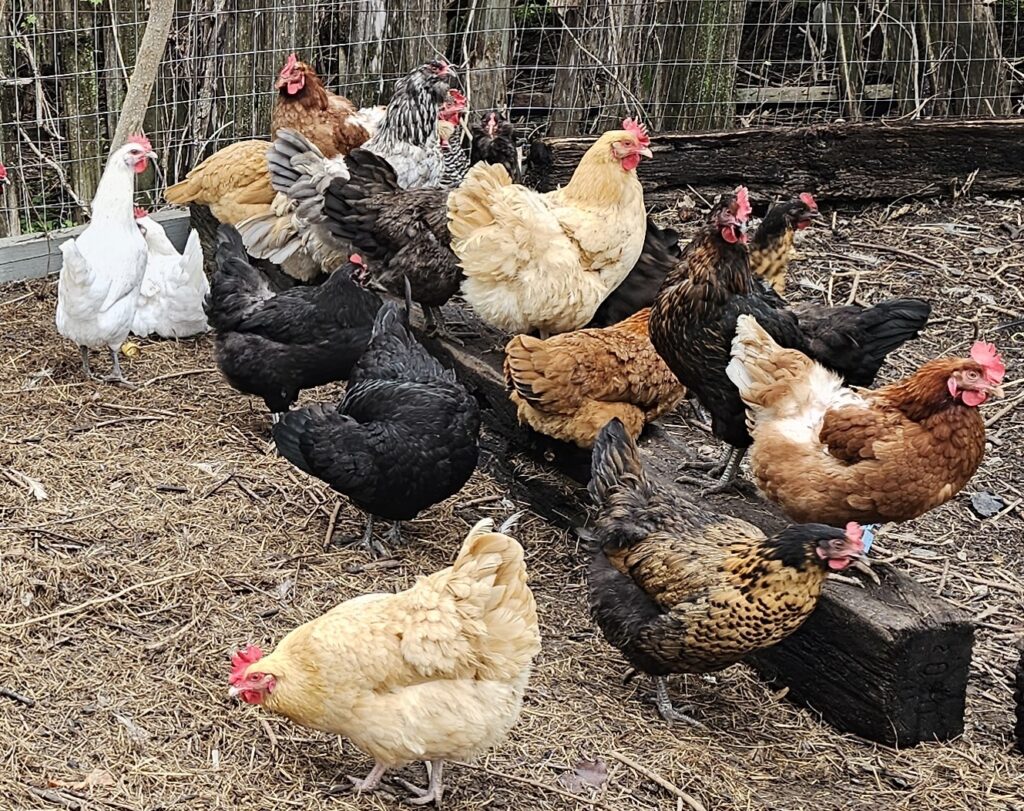
Raising backyard chickens is a rewarding and popular hobby for many homesteaders and urban dwellers alike. A healthy, happy hen will provide you with fresh, nutritious eggs while contributing to a more sustainable lifestyle. In this article, we will discuss essential tips for keeping your hens in tip-top shape and ensuring a consistent supply of delicious eggs.
Provide a Balanced Diet:
Feeding your hens, a balanced diet is crucial for maintaining their health and egg production. A high-quality layer feed should be the primary component of their diet, as it contains the necessary nutrients, vitamins, and minerals. You can supplement this with occasional treats like fruits, vegetables, and mealworms. Remember to provide clean, fresh water daily, as dehydration can negatively impact egg production.
Keep a Clean Coop:
A clean and well-maintained coop is essential for preventing diseases and pests. Regularly remove droppings and replace soiled bedding to keep the coop fresh and sanitary. Be sure to clean and disinfect feeders and waterers as well. Provide adequate ventilation in the coop to prevent respiratory issues and keep the air fresh.
Ensure Adequate Space:
Crowded conditions can lead to stress, aggression, and a decline in egg production. Ensure that each hen has at least 3-4 square feet of space inside the coop and 10 square feet in the outdoor run. This will allow them to move freely, forage, and engage in natural behaviors.
Establish a Consistent Routine:
Chickens are creatures of habit and thrive on consistency. Establish a daily routine for feeding, cleaning, and letting your hens out to free-range (if possible). This will reduce stress and help them feel secure in their environment.
Provide Nesting Boxes and Roosting Bars:
To encourage consistent egg-laying, provide comfortable and clean nesting boxes. One nesting box per 4-5 hens is recommended. Line the boxes with soft bedding, such as straw or wood shavings, and keep them clean to prevent the eggs from becoming dirty. Additionally, install roosting bars at varying heights in the coop to allow your hens to perch and sleep comfortably at night.
Monitor Your Hens’ Health:
Regularly observe your hens for any signs of illness or injury. Early detection is key to addressing health issues before they become severe. Symptoms to watch for include lethargy, loss of appetite, difficulty breathing, or changes in egg production. If you suspect a problem, consult with a veterinarian experienced in poultry care.
Protect Against Predators:
Ensure your hens are safe from potential predators by securing their coop and run. Use sturdy materials and hardware to keep predators from entering. Bury fencing at least 12 inches deep around the run to deter digging animals. Close and lock the coop securely at night when predators are most active.
Allow for Socialization and Stimulation:
Chickens are social creatures and need interaction with their flock mates. Providing a stimulating environment with opportunities for dust baths, perching, and foraging will keep your hens content and help prevent behavioral issues. If you have the space, consider free ranging your chickens for a few hours each day to allow them to explore and exercise.
Keeping your hens healthy and productive is a matter of providing proper nutrition, a clean and spacious environment, and consistent care. By following these tips, you’ll be well on your way to enjoying the benefits of backyard chicken keeping – from delicious farm-fresh eggs to the joy of caring for these charming creatures.
